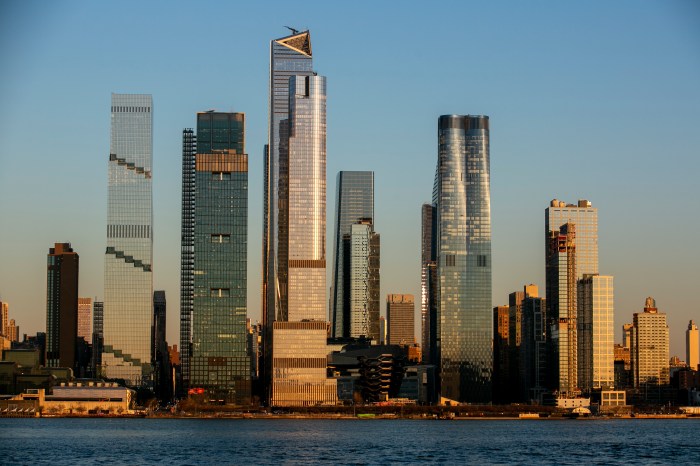By Thomas Tracy
As the city continues to take a critical eye at the cowboy-like mentality of specialized NYPD units throughout the city, the 67th Precinct announced this week that a group of new “mini-task forces” have been created to tackle crime problems throughout East Flatbush. Speaking to members of the 67th Precinct Community Council, precinct commander Inspector William Aubry said that these task forces will be taking the place of Impact Zone cops. Police brass disbanded the 67th Precinct’s Impact Zone – a high-risk sector in the command that had been saturated with cops to bring down crime — late last year. “We have no impact cops, so we’ve tried to get a number of officers, upwards of 40 or so, into mini task forces that will handle problems based on our needs or concerns,” said Aubry. “If we have a certain area with a high number of robberies and burglaries, we are going to send our mini task forces there.” It was unclear if these task forces will comprise uniformed or plain clothes officers. Just last month, members of Brooklyn’s black leadership questioned the benefits of the plain clothes units over community policing tactics since nearly all of the police-involved killings like the ones involving Sean Bell and Amadu Diallo were committed by officers in “specialized units.” At the recent gathering, held at Medgar Evers College, black politicians like City Councilmember Kendall Stewart and State Senator John Sampson told Chief Joseph Fox, the commanding officer of Patrol Borough Brooklyn South, that the chances for violence is higher with specialized units because the cops in the units do not know the area, or the people, as well as precinct patrolmen and women do. Aubry said that the specialized units would be designed much like anti-crime teams and would consist entirely of cops assigned to the 67th Precinct. Members of the 67th Precinct’s anti-crime team were brought to the council meeting so that members could meet them, as well as sing their praises. “They make their job look easy, but we all know how difficult it is…how a situation can turn tragic at a moment’s notice,” said Aubry. Aubry said that the anti-crime team was responsible for getting 200 guns off the streets of East Flatbush in 2006. “That’s 200 people that could have been shot,” he said. “In my mind, every gun that is taken off the street is preventing a person from being shot.” Although they go out looking for “the people that most of us want to avoid,” Aubry said that the anti-crime team always makes sure that “the rights of the people they stop are protected.” “When a 911 call comes over about a man with a gun, they run towards to where that 911 call came from and they may have to stop a few people, but they do it in a way that shows a lot of respect,” Aubry said. “They explain the situation and are honest with the people they come into contact with.” “I’ve watched them pat down and search people and they are honest and sincere and they give the people they stop the respect that they deserve,” Aubry continued. “It’s a tough job, but with your help they are making the streets much safer.” Aubry said that 18 guns have been taken off the streets since the beginning of the year. Five guns were recovered on New Year’s alone, he said. As of January 14, felony crime in the 67th Precinct has dropped by six percent, according to NYPD CompStat figures.






























